Fenugreek leaves, also known as kasuri methi, are among the healthiest green leafy vegetables. This herb comes from the family of legumes. It has been used to add flavour to food for a long time. Also, it is a spice that is used in many dishes around the world. They give curries and stir-fries a mild, slightly bitter, nutty flavour.
Also, every part of the plant has the same amount of nutrients. The seeds of fenugreek are also a lot like the leaves. The best thing about these leaves is how healthy they are. They are surprisingly healthy and there are a lot of them. They are also good for women with polycystic ovary syndrome, or PCOS. Research shows that fenugreek is good for the health of the heart, blood sugar, skin, and hair.
Table of Contents
The plant Fenugreek comes from Europe, Asia, and Africa. In India, North Africa, and Yemen, it is also grown as a food crop. It has been used as medicine for a long time. Fenugreek is a spice that has been used for a long time. They are grown a lot by farmers in India and Europe. You might be able to use them as a helpful nutritional supplement to treat or prevent many diseases because of how unique and healing they are.
What are fenugreek leaves?
The word "fenugreek" comes from the Latin language and means "Greek hay." This herb is used to make medicine. Aside from the dried leaves, fenugreek seeds and green leaves can also be used to make different kinds of food. Most of the time, the seeds are used to make vegetables and pickles.
Other names of fenugreek leaves:
It is also called Fenugreek, Bird's Foot, and Goat's Horn, among other names. It is called "Kasoori Methi" or "Kasuri Methi" in Hindi. In different parts of India, it is called different things, such as "Venthiya Keera" in Tamil, "Methi Sag" in Bengali, "Menthya Soppu" in Malayalam, and "Menthikora" in Telugu.
Nutritional value of fenugreek leaves:
People all over the world use fenugreek leaves to treat arthritis. If you eat fenugreek leaves twice a day, it gets rid of all the waste in your body and cleans your intestines. Leaves and seeds are both high in fibre and protein.
Folic acid, thiamin, vitamins A, B6, and C, riboflavin, and niacin are some of the important vitamins and nutrients that are in fenugreek leaves. Potassium, iron, phosphorous, and calcium are some of the most important nutrients found in fenugreek leaves. Fenugreek leaves are also a good source of vitamin K. About 50 calories of energy come from 100 grammes of fenugreek leaves.
Health benefits of fenugreek leaves:
Fenugreek leaves lower cholesterol level:
Blood lipid levels change a lot when you eat fenugreek leaves every day. So, this herb can help a lot for people who have problems with their lipid levels. So, it lowers cholesterol, triglyceride, and LDL levels by raising HDL levels. For a great effect, put about 100 grammes of fenugreek leaves in water at night. The next morning, strain the water and drink it.
Fenugreek leaves prevent bowel problems:
Dyspepsia and a liver that doesn't work well can both be helped by fenugreek leaves. It also helps stop problems with the stomach and the intestines. People often use fenugreek leaves to help with digestive problems like gastritis, constipation, stomach upset, etc.
Fenugreek leaves bring blood lipid levels back into balance:
Fenugreek leaves have a balancing effect on the lipid levels in the body's blood and can help prevent problems like atherosclerosis.
Fenugreek leaves is good for diabetes
Fenugreek leaves have been known for years to be the best way to lower cholesterol, triglyceride, and LDL levels, which helps fight diabetes symptoms.
Kasuri Methi can stop glucose from being turned into energy. So, it helps treat Type II diabetes and keep it from happening. Several studies show that it cuts the risk of diabetes-related high blood sugar by a fair amount.
Fenugreek leaves lower heart problems:
One of the most important things about fenugreek leaves is that they help stop the body from making platelets. So, it helps lower the chance of blood clotting in the heart when it shouldn't. Like many other herbs, the leaves of fenugreek are full of strong antioxidants.
Kasuri Methi also helps keep other antioxidants made inside the body from getting hurt in any way. They also help protect the body from a number of long-term diseases.
Fenugreek leaves help get rid of blemishes:
The leaves of fenugreek are very good at getting rid of scars and marks on the skin. People with spots or marks that stand out on their faces should try fenugreek leaves.
It's also easy to use. Just add a few drops of water to the fenugreek seed powder and blend until smooth. Then, put the paste on your face and let it sit for a while. Then wipe it off with wet cotton, and in a few weeks you'll notice a difference.
Fenugreek leaves are good for hair:
Two times a week, putting thick paste made from fenugreek leaves or methi on the scalp and rinsing it off after 30–40 minutes makes hair shiny and long. It is a great replacement for shampoos that are dangerous and full of chemicals that damage the hair.
Fenugreek leaves help people with kidney stones:
Researchers in the medical field have found that fenugreek leaves are a very useful way to treat kidney problems, boils, mouth ulcers, and beriberi disease, among other things.
Fenugreek leaves help mothers who are nursing:
Breastfeeding mothers should eat fenugreek leaves every day because they help increase milk flow.
Fever can be reduced by eating Fenugreek leaves:
If you have a high fever, making herbal tea with powdered fenugreek leaves is a great way to bring down the temperature. This makes it the best home remedy for fever.
Fenugreek leaves help hair grow:
When fenugreek leaves are mixed with coconut milk and put on the scalp, they make the hair long and shiny and stop hair loss and greying. They also make the hair silky and soft. Greying hair is one of the biggest problems, but you can stop it by massaging this paste into your scalp.
Kasuri Methi can also help stop dandruff if the leaves are mixed with a small amount of vinegar and put on the scalp directly.`
Use of fenugreek leaves:
It is often used to add flavour to food and to make herbal tea. This plant is also used to make medicines. It is also a seasonal herb used in many vegetarian dishes and as a topping for "tur dal."
Kasuri Methi, which is another name for fenugreek leaves, is also used by companies that make soaps and cosmetics. Since fenugreek tastes like maple syrup, it is used by many drug companies to mask the sour taste of tablets and medicines. It is mostly used by people who make natural or ayurvedic medicines. It is used as a flavonoid in drinks, food, and tobacco.
Fenugreek leaves are also used to make pickles, salads, and are eaten as a leafy vegetable in India. It is also used to cook starchy vegetables, add flavour to raitas, and thicken vegetable gravies. In some Indian restaurants, steamed fenugreek is used as a topping for different kinds of vegetables.

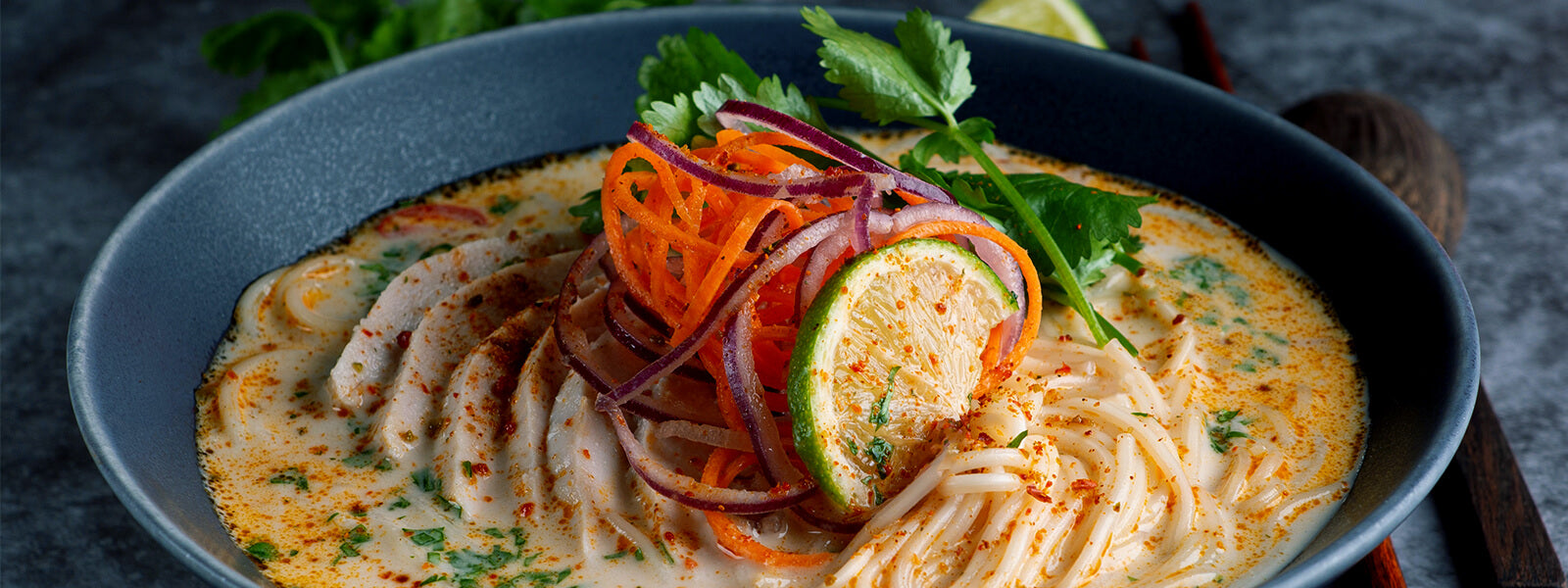
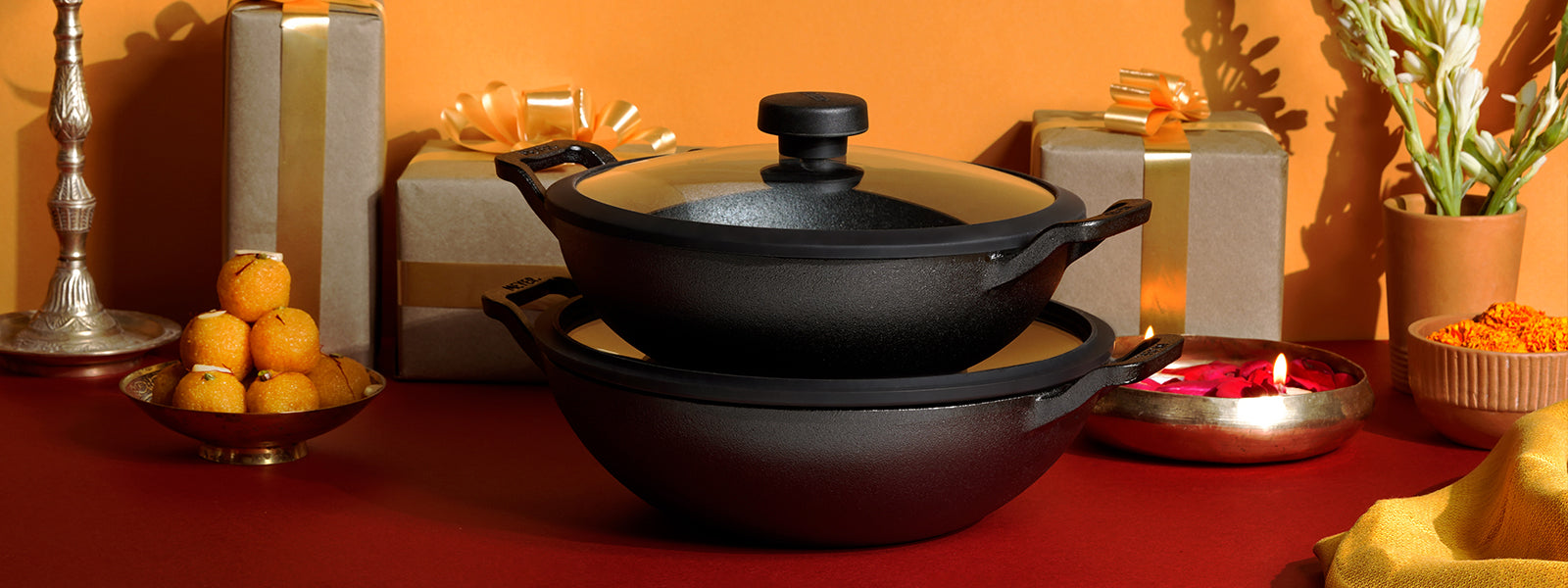
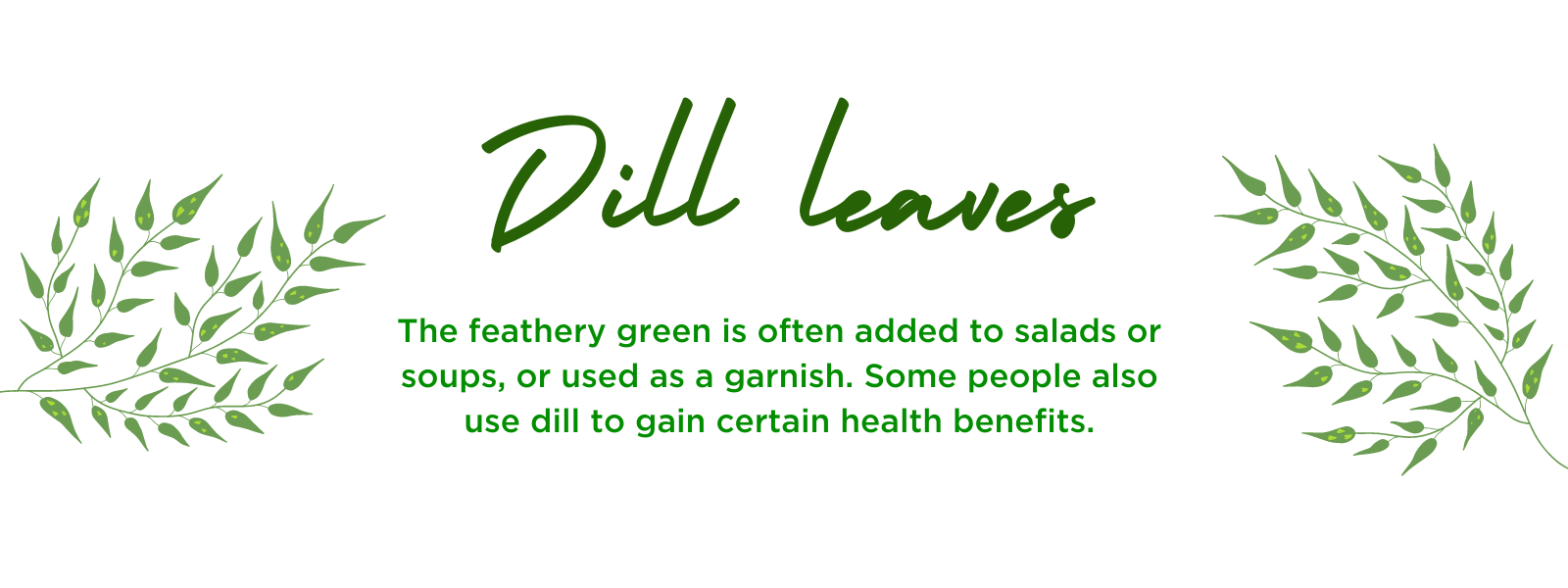
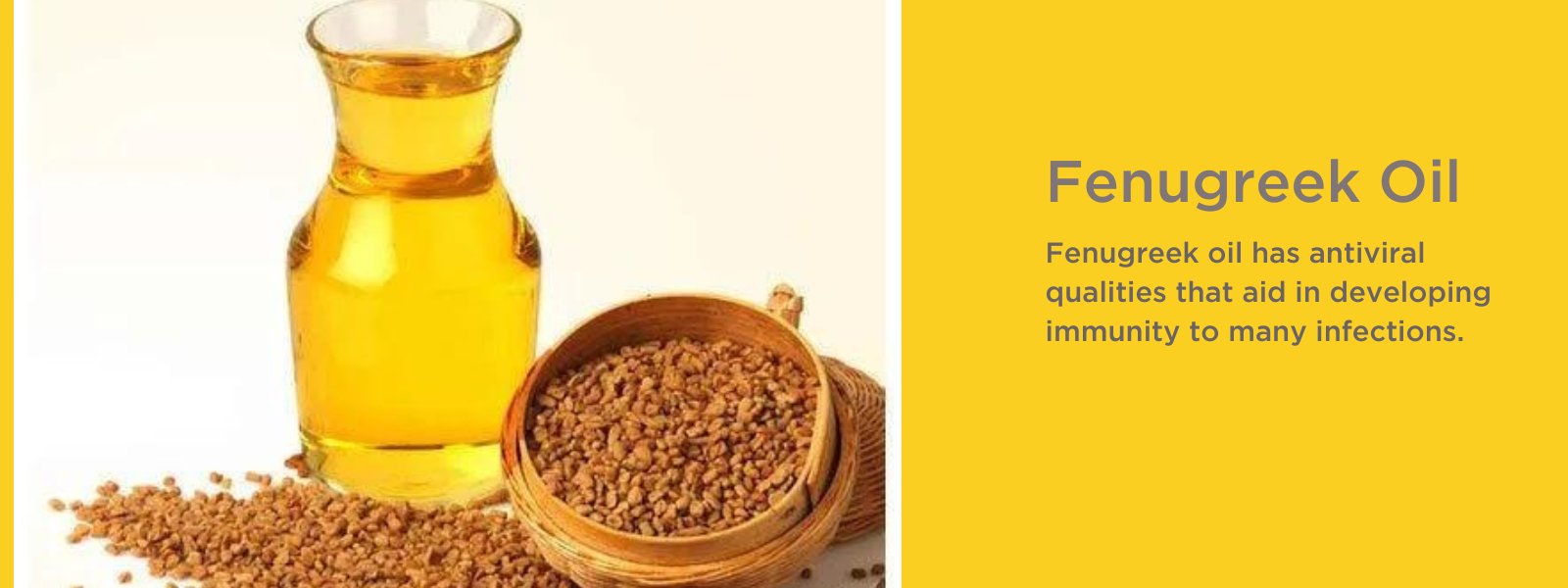
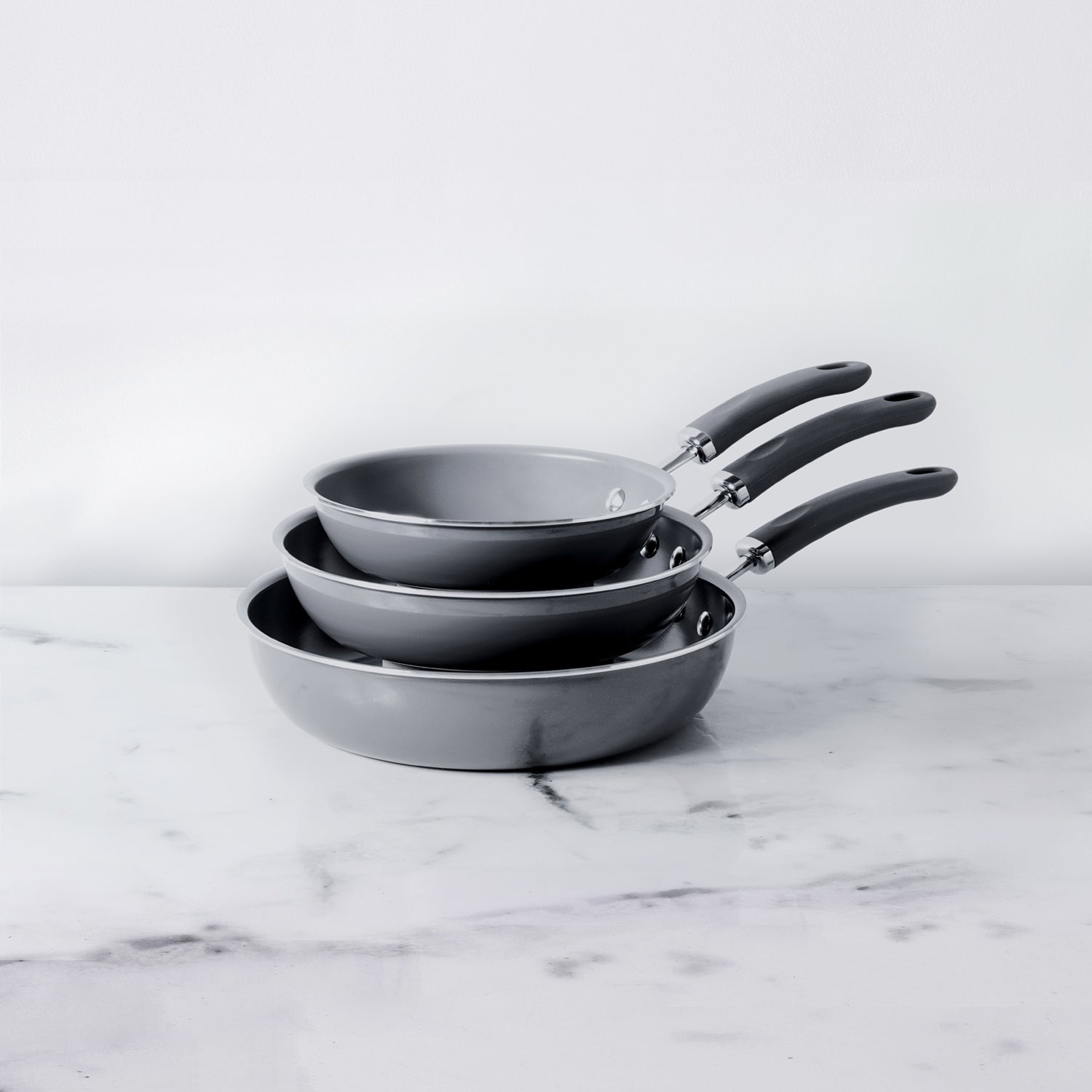




Leave a comment